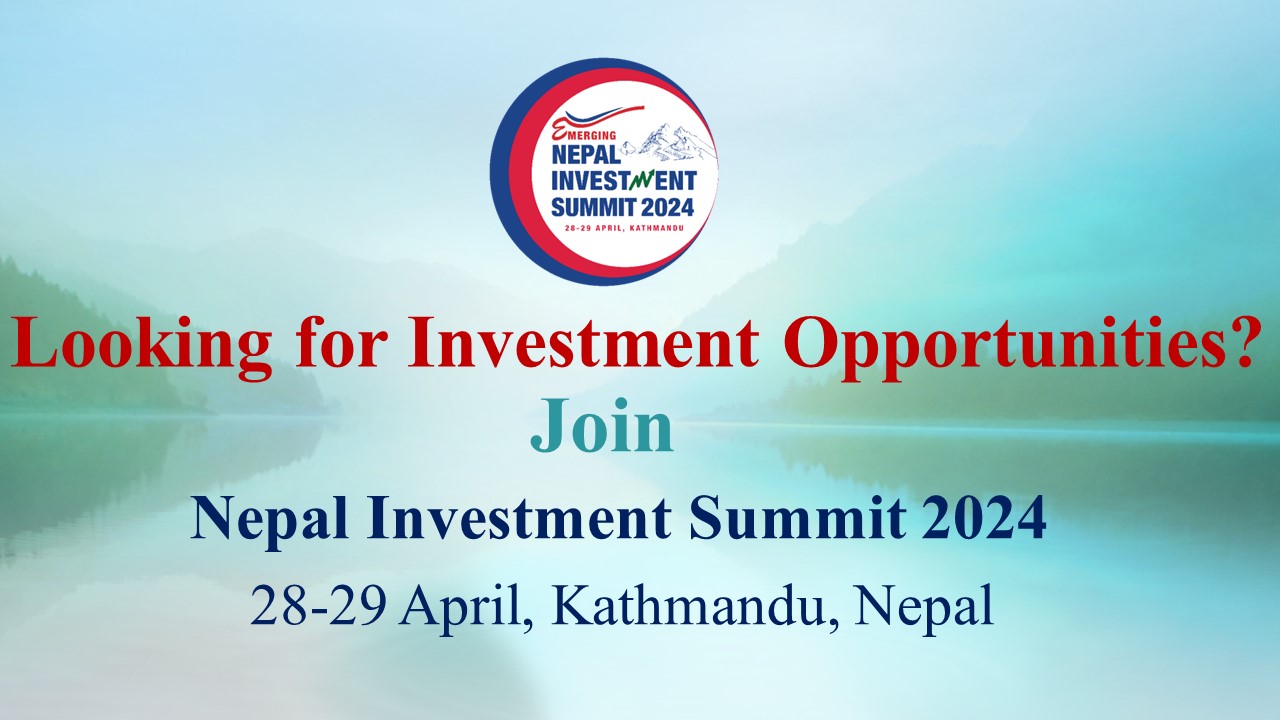Press Release
- Hon. Mr. Upendra Yadav, Deputy Prime Minister and Minister for Health and Population of Nepal, addressed the high-level action day session of the First WHO Global Conference on Air Pollution and Health in Geneva today. The Conference is being convened by WHO in partnership with relevant global agencies from 30 October to 1 November 2018 focusing on the theme of ‘improving air quality, combating climate change – saving lives’.
- In his speech, the Deputy Prime Minister and Minister for Health and Population Hon. Mr. Yadav appreciated WHO’s timely initiative of holding such a conference to sensitize the global concern about the threats posed by air pollution to health and climate. Speaking of the transboundary nature of the air pollution, the Deputy Prime Minister noted that as a mountainous and least developed country, Nepal’s greenhouse gas emission is only around 0.027 percent of total global emissions, but it has been disproportionately affected by the impacts of climate change and health consequences. He said, the life of humans and glaciers that feed the water for ecosystem services are adversely affected due to black carbon and warming and melting of ice. He further added that solving the problem of air pollution requires joint efforts and takes different ways from one region to another, establishing a mix of technological solutions, regulations and policies and encouraging behavioral changes. He also called for enhanced support and collaboration from the industrialized countries through finance, technology and knowhow to resolve the additional problems faced by LDCs, LLDCs and SIDS.
- Furthermore, the Deputy Prime Minister and Minister for Health and Population shared Nepal’s experience in air pollution management particularly highlighting the successful policies, programs and initiatives undertaken by the Government of Nepal. He stated that the Constitution of Nepal stipulates that every citizen has the right to live in clean and healthy environment. He informed that some important initiatives include moving towards self-sufficiency in the generation and supply of hydropower, introducing electric buses, reducing the use of diesel generators, making brick kilns cleaner and efficient, promoting solar panels, making the vehicle emission test mandatory in major cities, and encouraging local level efforts to mitigate air pollution and to enhance proper waste management. He also emphasized the importance of multistakeholder participation and inter-agency coordination for ensuring that policies and efforts are implemented effectively.
- On the sidelines of the Conference today, Hon. Mr. Yadav also had a meeting with His Excellency Dr. Tedros Adhanom Ghebreyesus, Director-General of the World Health Organization (WHO). The Hon. DPM appreciated the leadership of Dr. Tedros in promoting universal health coverage. Importance of partnership between Nepal and WHO, particularly in promoting support and cooperation in the areas of health insurance, health financing as well as capacity enhancement of health laboratories were discussed during the meeting. The Director General acknowledged the presence of Hon. Mr. Yadav in the conference saying that his presence was the demonstration of commitment of the political leadership and priority given by Nepal on tackling air pollution and health impacts. The Hon. DPM also had a meeting with Deputy Chief Executive Officer of Global Alliance for Vaccine and Immunization (GAVI) Ms. Anuradha Gupta and senior health professionals, and discussed about the support from GAVI to Nepal in accelerating access to new vaccines, digitization of medical records as well as capacity development needs of health professionals.
- H.E. Mr. Deepak Dhital, Ambassador and Permanent Representative of Nepal, and other members of the Nepali delegation from the Ministry and the Mission were present during the meetings.
Permanent Mission of Nepal to the United Nations Offices and other International Organizations in Geneva
Switzerland
1 November 2018

